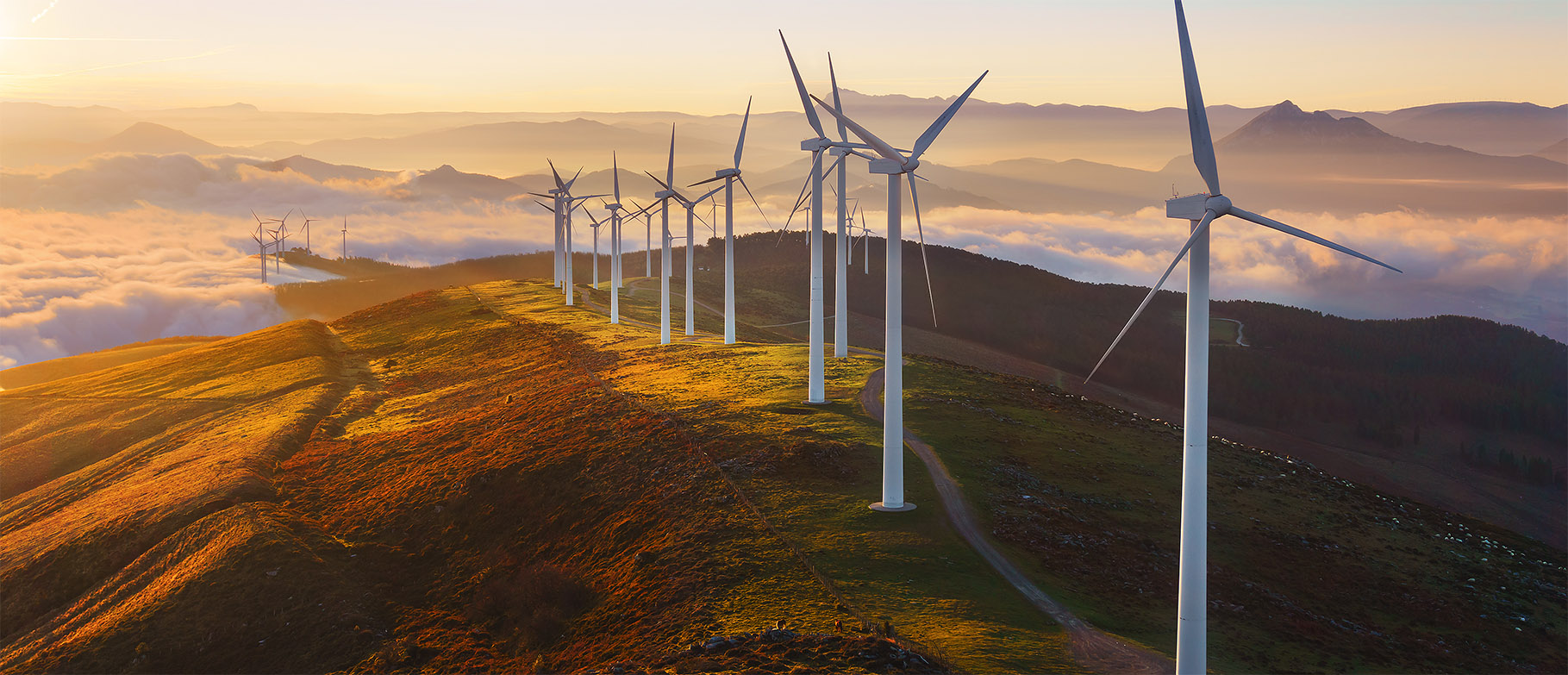
ENERGY TRANSITION HUB Training
The importance of education
As stated on the Provincial Government of Gipuzkoa's Environment website, the energy transition towards a more sustainable model requires socialisation of the good use of the energy and a long process of cultural change.
Society is aware of the need for a new system and education is of key importance. As noted by several social partners, the goals of the Paris Agreement cannot be achieved without education on environmental issues and climate change from primary level up.
What is being done at primary and secondary level
It is crucial to ensure that coming generations are properly capacitated to take the next steps down the path towards a new energy model. At a regional level, one important step in this direction in Gipuzkoa is Proyecto 50/50. The initiative is being developed by four associations — Tolosaldea, Oarsoaldea, Urola Garaia and Urola Erdia. It seeks to raise awareness amongst schools of energy consumption in order to involve the educational community in implementing energy saving and efficiency measures. More information
Initiatives and resources for working on the energy transition with schools:
- UKI - Climate School Be.At - Open Societies and Schools in Climate Protection and Energy Transition
- INNOENERGY - Energy for kids - Game based learning to teach children about energy
- ECOOOEDUCA - The work begins with the youngest
- REPSOL FOUNDATION - Contents on energy and energy transition
- NATURGY FOUNDATION - Education and dissemination
What is being done in vocational education
The transition towards a different energy model requires a transformation in career profiles, and here the education system, and vocational education in particular, have a key role to play. The coming generations will see enormous job opportunities in sectors related to this new energy model. Training must be provided that is tailored to those needs, and that means adapting the educational offering in vocational education.
Gipuzkoa has a number of leading centres such as the Usurbil Integrated Vocational Education Centre which specialises in energy efficiency and renewable energy and the Vocational Education Research Centre of the Basque Country - TKNIKA whose basic pillars are applied research and innovation in subjects such as energy.
What is being done at university level
The energy transition represents a challenge and an opportunity for universities, given the need for collaboration in research and innovation and the search for new approaches to help those working in the energy industry.
For a number of years, the European Platform of Universities in Energy Research & Education has from some years been stressing the fundamental role of universities in the energy transition; universities develop new knowledge, understanding and perceptions that may offer effective solutions to some of complex problems that will arise in such an important process as the move to a new energy model.
Master's degrees and specialisations. Key educational centres
EUA Energy & Environment Platform
The EUA Energy & Environment platform connects universities across Europe to tackle the energy challenge through research, education and innovation. It supports higher education institutions in the development of their institutional strategies and approaches to education, research and training. As a network, the EUA Energy & Environment Platform actively strives to achieve this goal and has developed the "European Atlas of Universities in Energy Research & Education".
Innoenergy
Innoenergy, supported by the EIT initiative, has an extensive training programme:





